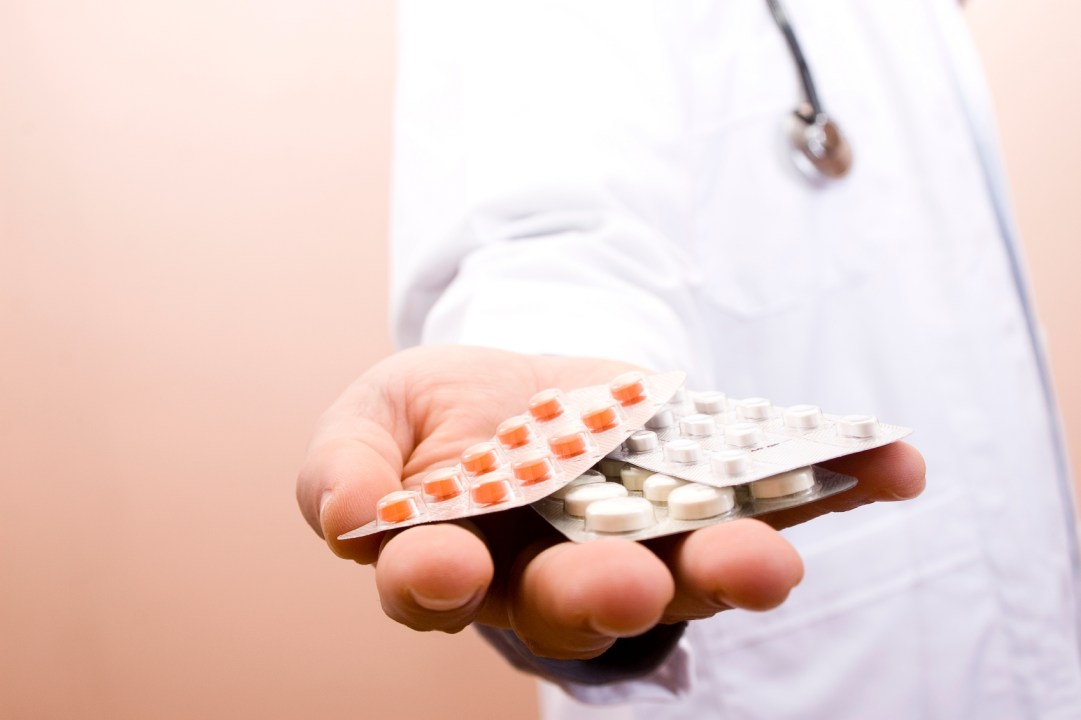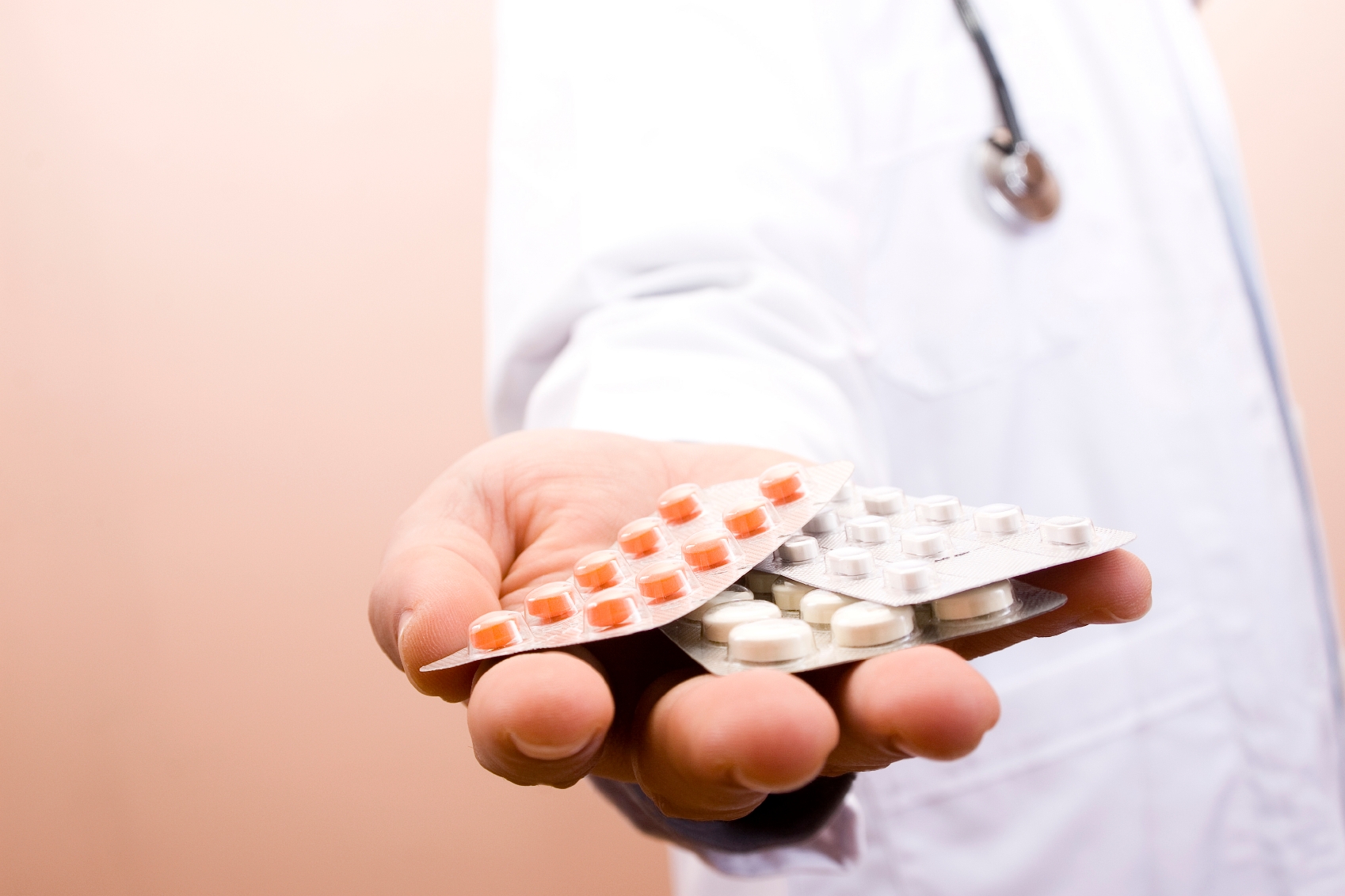What would you say if a powerful cyclists’ pressure group ganged up on the NHS and lobbied it to provide free cycle helmets to anyone who asked for one, accusing it of having on its hands the blood of every helmet-less cyclist who died while the NHS tried to spurn the demand? I think I can guess the answer in the case of most readers: shove off and buy your own helmets.
Why, then, does it become such a different matter when the National Aids Trust demands that the NHS provide a free supply of a drug known as Pre-Exposure Prophylaxis, or PrEP, to people who want to have unprotected sex with multiple partners. The proposal has raised hardly any protest other than a dry response from the NHS itself that it wasn’t sure whether it had the authority to prescribe a drug which is purely preventative – or whether that should come under local authorities. The idea was backed by Max Pemberton, editor of Spectator Health, last November.
The government has now asked NICE, the quango charged with judging the costs versus benefits of drugs, to carry out a review. It is not hard to guess what will come next. After a bit more bashing from the likes of the National Aids Trust – which has threatened a judicial review on the grounds of ‘discrimination’ — the government, afraid of being accused of homophobia, will give in.
It shouldn’t. If you are going to set a precedent whereby the NHS is expected to fund protective equipment to help people cope with the dangers inherent in their pastimes there will be no containing NHS spending. What would be the argument then for the NHS not providing free ropes and crampons to mountaineers or flameproof suits to motor-racing drivers? If they save lives, why not?
It is outrageous for the National Aids Trust to claim that failing to provide free PrEP is discriminatory. It isn’t just gay people who are at risk from HIV infection. Heterosexuals run the risk, too, if they engage in unprotected sex with multiple partners. Moreover, only some gay men are promiscuous, and many are not even sexually active at all.
It is a free choice for anyone to engage in risky sex, and not one that it should be the job of the NHS to encourage – especially given that the drug isn’t exactly a guarantee against infection. One study suggests a 92 to 99 per cent reduction in risk of HIV transmission for people who take the drug every day, falling off rapidly for those who fail to keep up this rigid regime, as many in the trial did.
Anyone who does choose to take the risks of unprotected sex, of course, has the option of buying the drug themselves. According to the NHS chief executive this week it costs £355 for 30 tablets. There, that’s the price of a couple of drinks a pop. Or, according to Max Pemberton, you can get a year’s supply from India for £600. So, if you want unprotected, promiscuous sex, stop moaning and embrace the globalised drug industry.








Comments